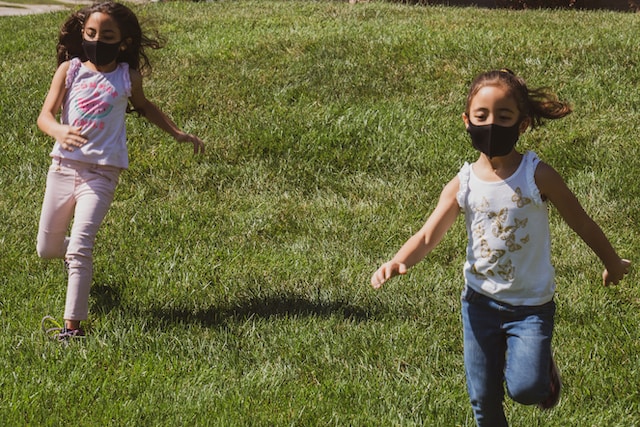Preparing Your Child for Allergies at Summer Camp
By Dr. Cliff Han
Summer camps are a great opportunity to explore the outdoors, make new friends, and do something away from their parents and the mundane routine of school. However, for parents and children, it can be plagued with worry.
For some people, allergies can be deadly — or at the minimum, very uncomfortable — and this can be intolerable for children away from home. But with proper preparation and communication, you can ensure your child has a safe and enjoyable camp experience.
What to do about food allergies
Food allergies can be especially concerning, as they can lead to more severe reactions like anaphylaxis. When thinking about summer camp for your child, it’s important to take the necessary precautions:

- Communicate with the camp staff. Make sure you sign the necessary paperwork and make it very clear that your child has an allergy — no matter how severe or mild it may be, the staff needs to know. It’s essential to ensure the staff is well-prepared to handle any allergic reactions.
- Prepare food in advance. Ask the camp staff and kitchen if it’s okay if you send your own food for your child. This will help ease your worries and the camp staff’s worries, as well as avoid any potential cross-contamination.
- Teach your child about their allergies. Knowledge is power, and your child should know the necessary protocol in case he or she is having an allergic reaction.
What to do about nature-specific allergies
Spring isn’t the only season with a high pollen count. Many states in the US have high pollen and poor air quality throughout the summer into fall. As such, it’s important to understand the season of the camp your child is going to and pack appropriately.
- Communicate with camp staff. Just like food allergies, the camp staff needs to know about all allergies. You’ll need to sign special paperwork for medication, and the certified medical professional on staff will probably require that the allergy medicines stay with them, locked, and secured.
- Provide the necessary medications. Make sure you provide your child with the necessary over-the-counter medications, and check in with staff about their protocol regarding medications. Some camps require that all medications — whether OTC or prescribed — be sent directly to them, while others require they simply be told their child has a list of medications. If your child uses an EpiPen, make sure they know how to use it, as sometimes camp staff members will not be able to reach your child in time.
- Encourage preventative measures. Have your child wear a mask when possible, and wear long-sleeve shorts and pants to avoid exposure to allergens. Furthermore, if your child is highly allergic to grass or pollen, they should avoid roaming areas high in vegetation and being out too long.
Ways to reduce your child’s response to allergens
Proper oral hygiene goes a long way to helping your child’s response to allergens. Ensuring they brush their teeth and rinse their mouth, and drink plenty of fluids can help exponentially.
You can also encourage your child to change clothes as soon as they’re done for the day and take a proper shower, but as children, it’s inherent for them to not care about that stuff.
Preparing your child for allergies at summer camp requires proactive planning and effective communication with camp staff. By informing the staff about your child’s allergies, packing necessary medications and safe snacks, and teaching your child preventive measures, you can help ensure their safety and enjoyment during their camp experience.
Additionally, talking to your child about good hygiene helps reduce their response to allergens. With proper precautions, your child can fully embrace the adventure of summer camp while managing their allergies effectively.
— Dr. Cliff Han, founder of AllerPops, was a biologist for 28 years and a former medical doctor. He participated in the Human Genome Project and authored more than 300 peer-reviewed publications. He is a scientist with the heart of an entrepreneur.
Views: 12



